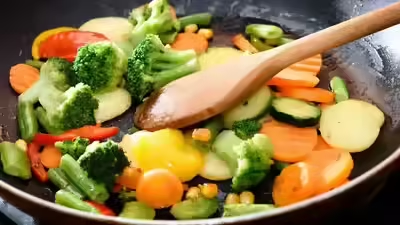
The focus should be on gentle digestion, nourishment and steady energy. These foods help support healing and overall bowel comfort.
Raw vegetables can be difficult to digest after colon cancer treatment, especially when the colon is still sensitive. Lightly steamed, baked or sautéed vegetables such as carrots, courgettes, spinach, pumpkin and green beans provide vitamins and fibre without causing irritation. Soft textures reduce strain on the digestive system and support smooth bowel movements.
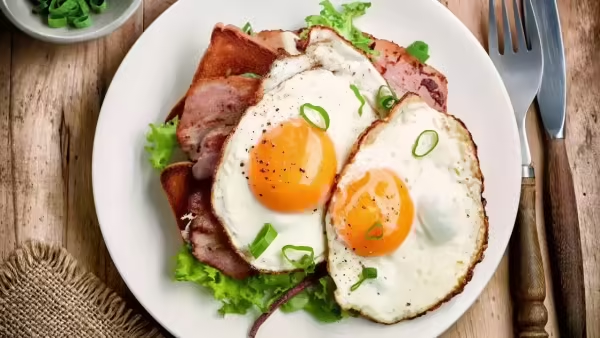
Protein is essential for rebuilding tissues and recovering energy. Options like eggs, tofu, chicken, white fish, paneer and lentils are easier to digest than heavier red meats. Many patients find that smaller amounts spaced throughout the day feel better than large servings.
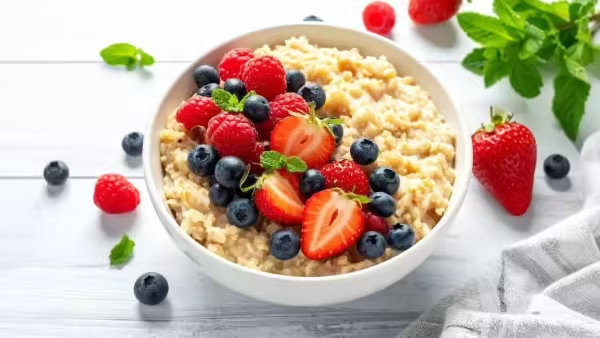
Fibre is important, but the type matters. Choose oats, porridge, cooked brown rice, quinoa, soft wholemeal chapatis and barley. These grains support bowel function without the harsh roughage found in raw bran or cereal flakes. If your doctor has recommended a low fibre diet temporarily, stick to refined grains until they advise increasing intake.
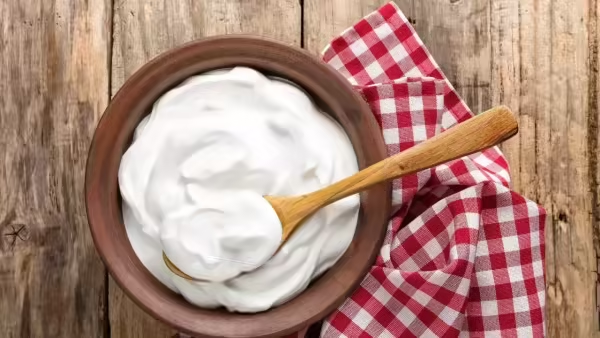
Treatment can disrupt gut bacteria, leading to bloating or irregular bowel movements. Foods like yoghurt with live cultures, buttermilk, kefir and fermented soft foods may help restore balance. Introduce probiotics slowly to check your tolerance.

Soft fruits such as bananas, papaya, melon, peaches and stewed apples offer hydration, natural sweetness and vitamins. Removing seeds and skins helps minimise digestive discomfort.
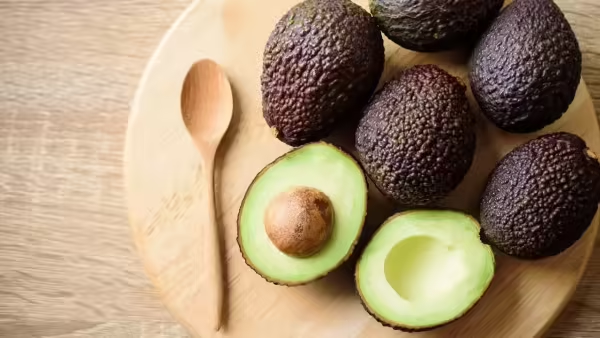
Gentle fats support energy and nutrient absorption. Options like avocado, olive oil, nut butters and ghee in small amounts can be helpful. These fats also reduce inflammation and support recovery.
Some foods can trigger discomfort, irritation or digestive stress while your colon is healing. Limiting or avoiding them makes recovery smoother.
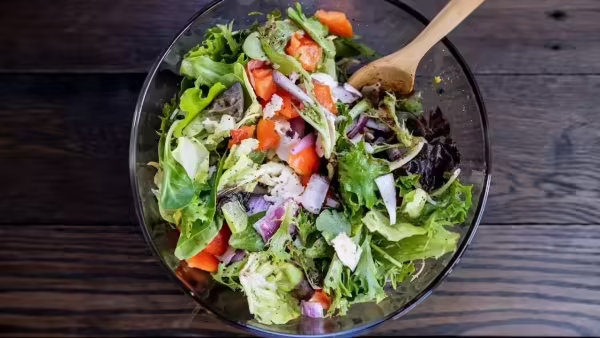
Raw salads, cabbage, celery, nuts, popcorn and bran-heavy cereals may cause gas, bloating or pain. The colon needs time to adjust, so it is better to add fibre gradually and in cooked form.
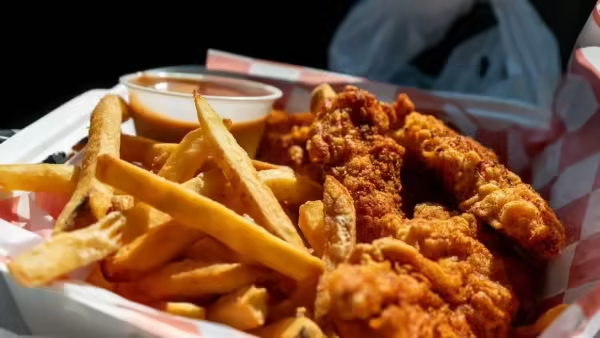
Deep-fried snacks, fast food, oily curries and heavy gravies can overwhelm digestion and cause loose stools. These foods also increase inflammation and fatigue.

Sausages, bacon, ham and deli meats are hard to digest and not recommended for long-term colon health. They contain additives that may irritate the digestive lining.
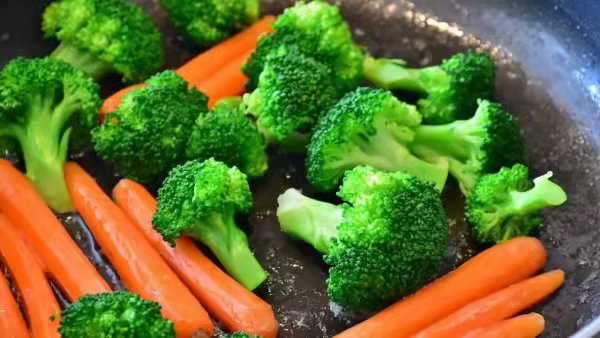
Broccoli, cauliflower, beans, chickpeas, carbonated drinks and onions may cause excessive gas or discomfort. You can reintroduce them slowly once your digestion stabilises.
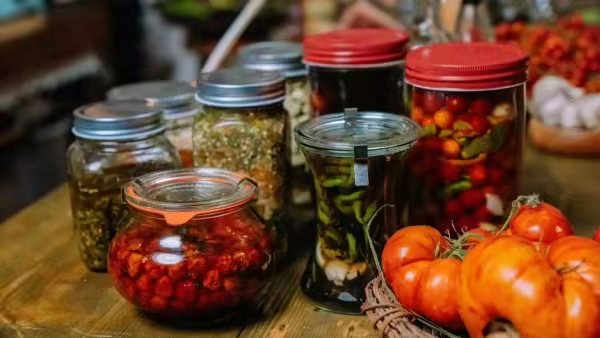
Chillies, pickles, vinegar, heavy foods and citrus juices may irritate the colon, particularly after surgery or radiation. Mild seasoning is easier on the stomach.

During recovery, both can increase dehydration and digestive irritation. If your doctor permits, they should be reintroduced very slowly and in small amounts.
These adjustments allow you to understand your body’s signals and make meals gentler and more predictable.Eating after colon cancer treatment is about building strength, protecting the digestive system and creating comfort. By choosing soft, nourishing foods and avoiding heavy or irritating ingredients, you give your body the best chance to heal well. Over time, most people can gradually return to a wider diet, but patience and mindful eating make the journey smoother and healthier.
Disclaimer: This article is for general informational purposes only and is not a substitute for professional medical advice, diagnosis, or treatment. Always seek the guidance of a qualified healthcare provider regarding any medical condition or lifestyle change.